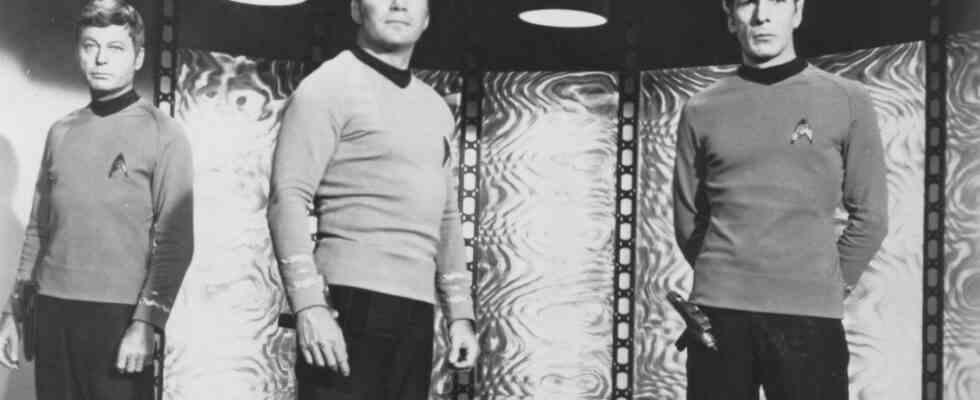Anton Zeilinger retired a long time ago, but is still active in research. The Nobel Prize in Physics, which he has now been awarded, does not stop him from doing so. He receives it for his work on light particles, which he “entangles” with one another: They share a quantum mechanical state even when they are far apart. Measurements on one particle have an immediate effect on the other particle, an effect that Albert Einstein rejected as “spooky action at a distance” – but it is real, as Zeilinger’s research has shown, among other things. Time for a short chat.
SZ: Congratulations on the Nobel Prize. You’ve been considered a candidate for a long time, so it can’t really have been a surprise, can it?
Anton Zeilinger: It’s possible, but when it happens you’re shocked.
Why did you start working with light particles in the 1990s? At the beginning of your career you were still dealing with neutrons.
Entanglement has always been my goal, it has fascinated me since the seventies. But that is hardly possible with neutrons.
It also doesn’t seem easy to tie two light particles together in such a way that they share a state and from then on remain coupled to each other over any distance.
At first glance it looks demanding, but over time we realized that more and more can be left out, our structure became simpler and easier.
Anton Zeilinger, 77, is a member of the Austrian Academy of Sciences and Professor Emeritus at the University of Vienna. On October 4th he was awarded the Nobel Prize in Physics for his work on quantum optics together with John Clauser and Alain Aspect.
(Photo: Sepp Dreissinger)
And how can you teleport with these entangled particles?
I want to teleport the state of particle one. For this I produce an entangled state of two other particles, particle two and particle three. Then I entangle particles one and two. As a result, the state of particle one is transferred to particle three.
And what becomes of particle one?
That loses its personality because it gets entangled with particle two. Particle three, on the other hand, is free and has taken over the state of particle one.
Complicated. Does it actually get on your nerves that everyone keeps talking about “Star Trek” at this point?
I’ve gotten used to the fact that this is a hook for many people. But I often give lectures, and people are always enthusiastic about physics.
And you?
I also. That is still fascinating, even after almost 30 years. And I hope to make some more exciting discoveries.
Today your research has found many applications, including commercial ones, for example in quantum encryption. Did you expect that?
No, absolutely not. We just wanted to see what happens. In the beginning, quantum cryptography was considered a gimmick, I never would have thought that so much money would flow into it today.
You have also worked on quantum cryptography yourself.
Yes, we pushed that to show what could be made of it. But the moment it comes to industrial application, I’ve always withdrawn. You only have one head, and it can either deal with dollars or with quantum particles, neither is possible.

